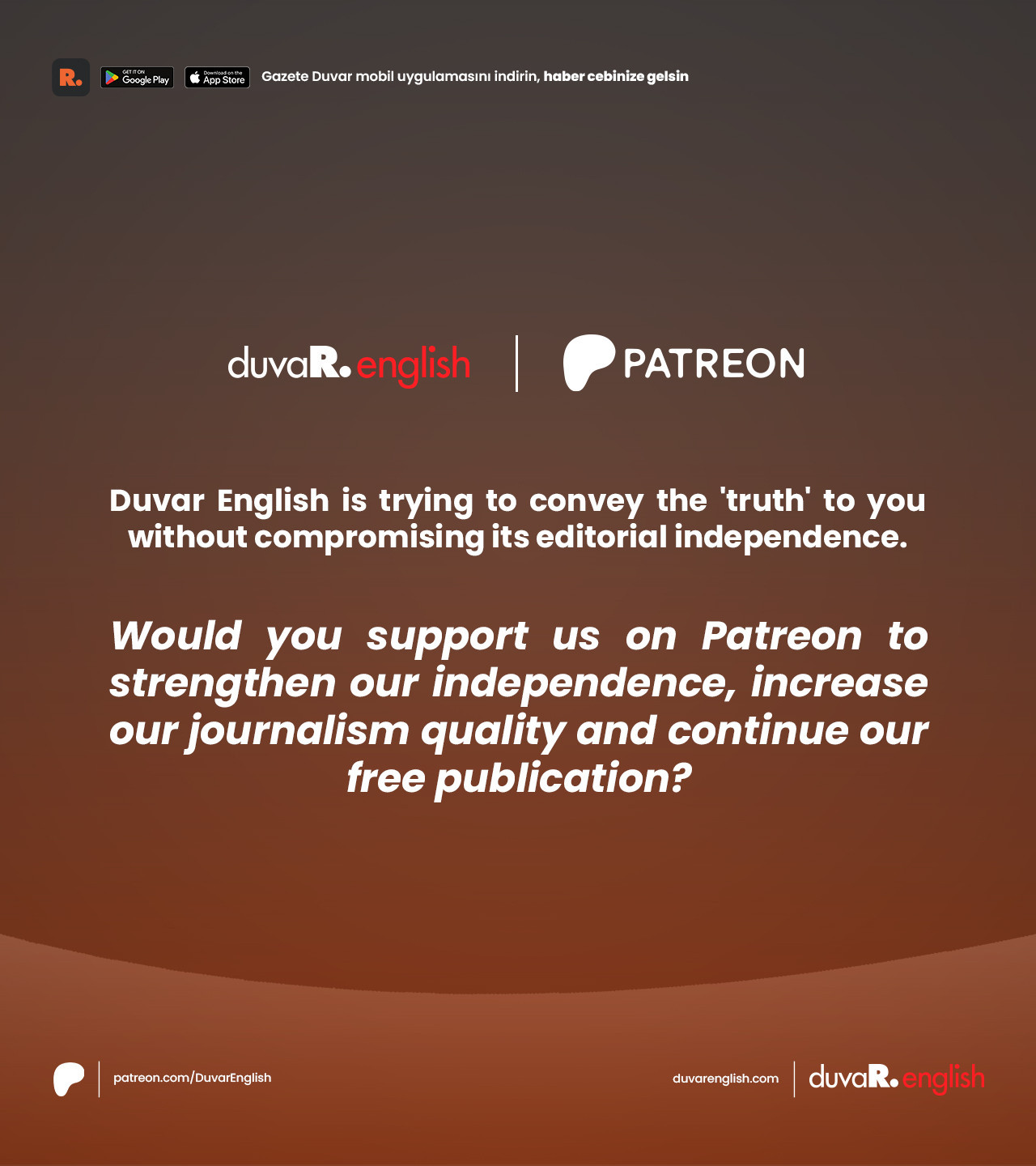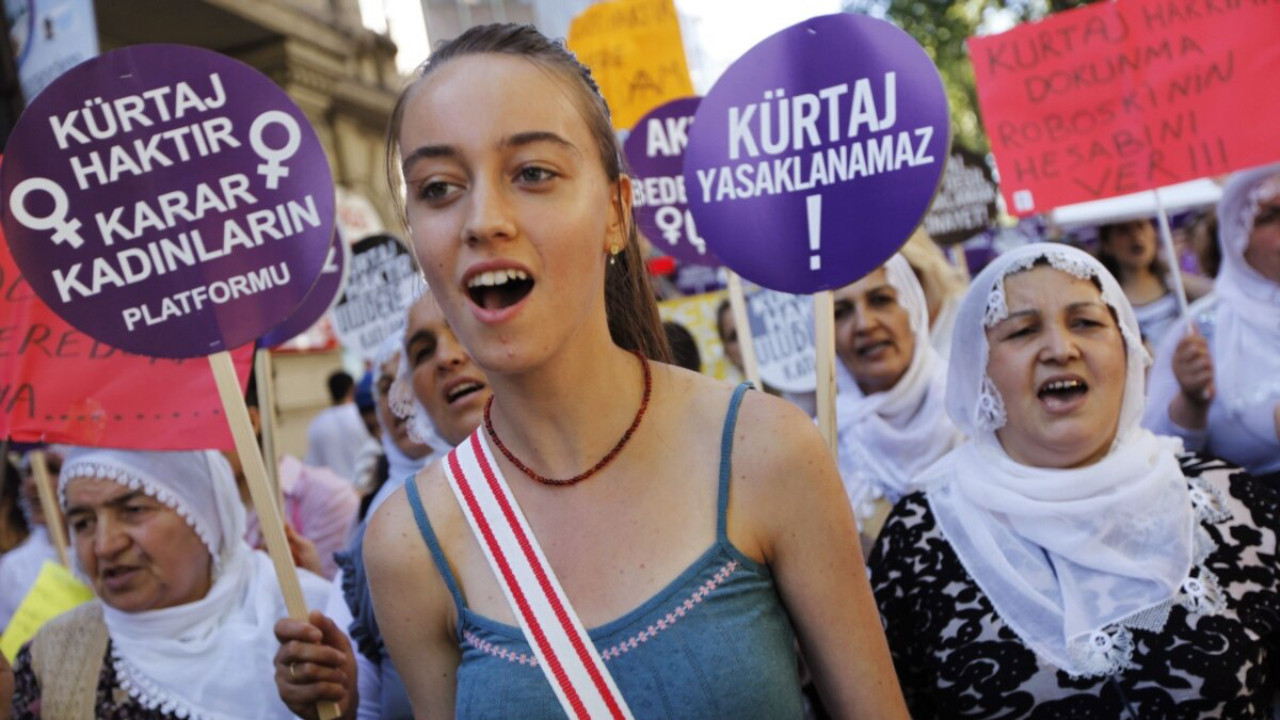Turkish Health Ministry promotes ‘normal’ birth in controversial ad
Turkey’s health ministry has launched the “Natural is Normal” campaign to encourage mothers to opt for vaginal labor instead of Caesarian sections. The public service announcement drew ire with its insensitive and unscientific tone.
Duvar English
Turkey’s First Lady Emine Erdoğan on Oct. 3 introduced the “Natural is Normal” campaign of the health ministry, which promotes vaginal birth instead of Caesarian sections for expecting mothers.
Erdoğan expressed concern over the rise in C-sections in Turkey, surpassing the World Health Organization’s recommended 15 percent threshold. In a social media post, she highlighted that the increasing rate signifies a “growing danger,” according to reporting by the Anadolu Agency (AA).
Commenting on the launch of the “Natural is Normal Birth” Action Plan, she expressed her belief that promoting natural birth would “empower” each new life, which would create a “healthier and more conscious” generation.
The health ministry released a public service announcement in line with the campaign to counter the rise in cesarean deliveries. The video, titled “Mommy, We Did It,” sparked discussion on social media.
The ministry wrote, "Mothers who give birth naturally establish a healthy bond with their babies from the very first moment. They can begin breastfeeding immediately and return to their daily routines in a short amount of time. Unless medically necessary, normal birth is the natural and healthy option."
“Annecim Başardık”
— T.C. Sağlık Bakanlığı (@saglikbakanligi) October 3, 2024
Normal doğum yapan anneler ile bebekleri arasında ilk andan itibaren sağlıklı bir bağ kurulur. Anne emzirmeye hemen başlayabilir ve günlük hayatına çok kısa zamanda dönebilir. Tıbbi olarak zorunluluk olmadıkça doğal ve sağlıklı olan normal doğumdur.… pic.twitter.com/GTz6xsDdiq
The film did not use the medical term “vaginal birth”. Instead, it used “normal birth,” a term contested for its normative connotations. Additionally, the film included emotionally exploitative scenes, such as a fetus crying “Mom, what are you doing? I am not ready yet!” as a woman chooses to deliver via C-section.
The content drew ire on social media, as women believed the messaging pressured women into certain medical decisions, stigmatized assisted deliveries, and curtailed reproductive freedoms.


 Turkish Health Ministry stops sending birth control products to health centersHealth
Turkish Health Ministry stops sending birth control products to health centersHealth Women can't use own frozen eggs without legal spouse in Turkey, expert saysWomen
Women can't use own frozen eggs without legal spouse in Turkey, expert saysWomen Diyarbakır hospitals impose de facto ban on abortionWomen
Diyarbakır hospitals impose de facto ban on abortionWomen